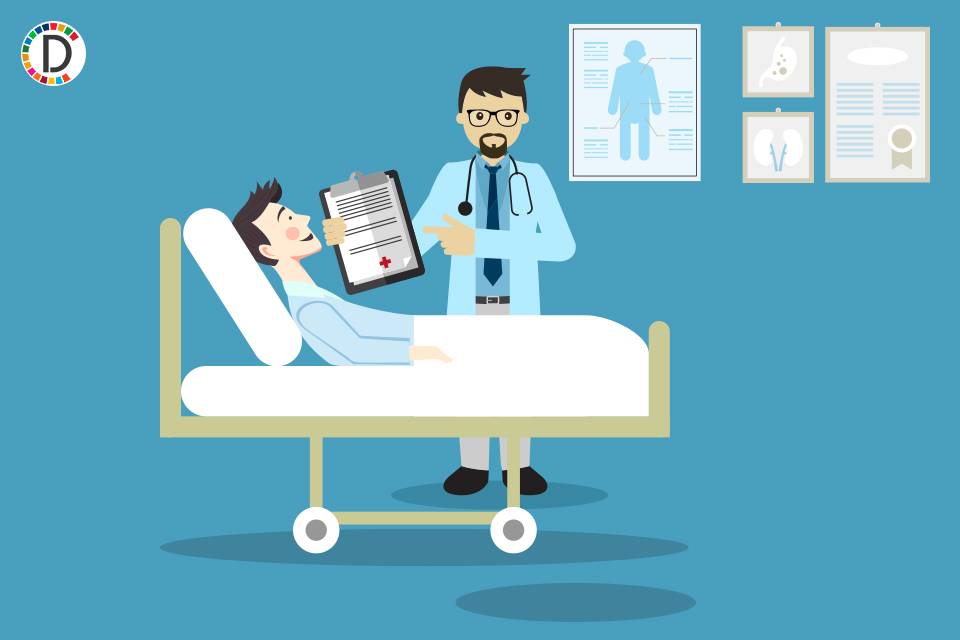Coronavirus records in Florida, Texas and California erode hopes of economic revival
However, more than four dozen hospitals reported their intensive care units (ICUs) reached full capacity earlier this week, according to state data. MORE JOB LOSSES The increasing COVID cases weighed on the stock market with the Dow and S&P 500 ending down about 1% on investor worries the nation could face another lockdown to contain the surge. Governors in California, Florida and Texas have either ruled out ordering most businesses to close and residents to stay home or said it would be a last resort.

- Country:
- United States
Record-breaking coronavirus cases and deaths in several U.S. states are dimming hopes of economic recovery, with cellphone data showing shoppers are staying away from stores in areas where cases are rising the most. In Arizona, Texas, Florida, Georgia and South Carolina, which were among the first states to reopen commerce in May, retail foot traffic now lags levels elsewhere, data firm Unacast said.
More than 60,000 new COVID-19 infections were reported on Wednesday, the greatest single-day tally of cases by any country since the virus emerged late last year in China. U.S. deaths rose by more than 900 for the second straight day. Florida on Thursday announced nearly 9,000 new cases and 120 new coronavirus deaths, a record daily increase in lives lost. California and Texas, the most populous states, announced record increases in COVID deaths on Wednesday.
The surge is making some Americans hesitant to return to public spaces and patronize businesses despite President Donald Trump's efforts to downplay the risks. Stephanie Porta, 41, a lifelong resident of Orlando, Florida, said only about half the people at her grocery store wore masks but that was an improvement from two weeks ago.
"They're trying to make everything seem normal when it's not. People are dying, people are getting sick. It's insane," she said. "A lot of people are taking notice. But so many are being fed the message that everything is normal. If they're smart, they're scared." Florida Governor Ron DeSantis called the rising cases a blip, downplayed the record increase in deaths, and told residents not to be afraid.
"I know we've had a lot of different blips," DeSantis said. "We're now at a higher blip than where we were in May and the beginning of June." Florida is one of the few states in the nation that does not make public the number of COVID patients currently in its hospitals. However, more than four dozen hospitals reported their intensive care units (ICUs) reached full capacity earlier this week, according to state data.
MORE JOB LOSSES The increasing COVID cases weighed on the stock market with the Dow and S&P 500 ending down about 1% on investor worries the nation could face another lockdown to contain the surge.
Governors in California, Florida and Texas have either ruled out ordering most businesses to close and residents to stay home or said it would be a last resort. So far closures have been limited to bars, beaches and a few other types of businesses. In California, where the number of people hospitalized with COVID-19 has doubled over the past month, the 44-bed intensive care unit at Riverside University Health System east of Los Angeles is at capacity, so the hospital is expanding it.
"It's been very consistent every day in the last couple of weeks," Riverside emergency room physician Dr. Stephanie Loe said. Referring to a saying among doctors that a full moon brings droves of patients to the emergency room, she said, "Every day has been like a full moon." Extraordinarily high jobless figures on Thursday compounded the gloom of cases rising in 41 of the 50 U.S. states over the past two weeks, according to a Reuters analysis.
A record number of people were collecting unemployment checks -- 32.9 million -- in the third week of June. Although initial unemployment claims have gradually fallen from a late March peak, they remain roughly double their highest point during the 2007-09 Great Recession. "Don't be fooled, the economy's troubles aren't over yet, not by a long shot," said Chris Rupkey, chief economist at MUFG in New York.
(This story has not been edited by Devdiscourse staff and is auto-generated from a syndicated feed.)
ALSO READ
China says US, Europe accusations of 'overcapacity' are groundless
China says US, Europe accusations of 'overcapacity' are groundless
China says its EV firms do not rely on subsidies to gain competitive advantage
Yellen meets with China's central bank chief, presses case on excess capacity
Yellen and China's finance minister discuss macroeconomic outlook










